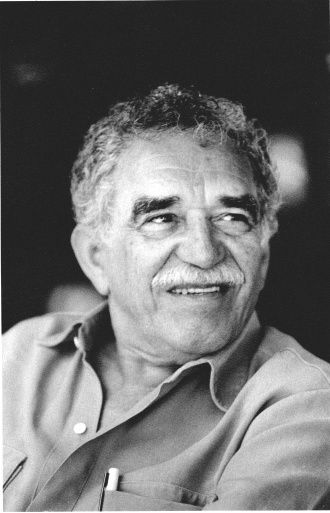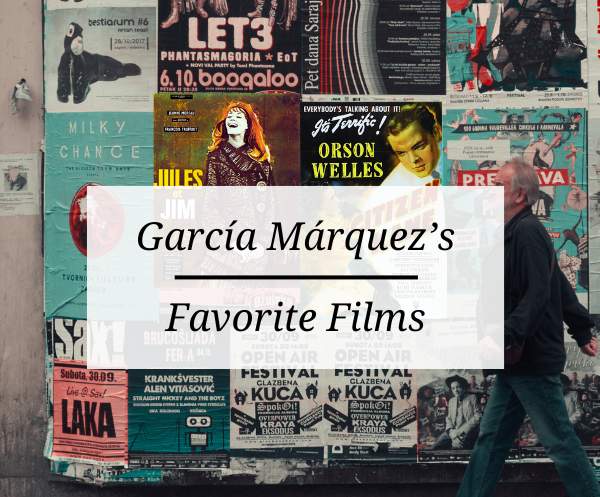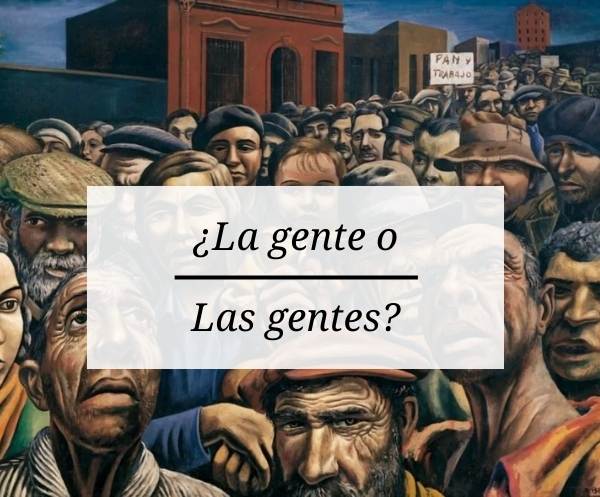Gabriel García Márquez was more than a writer—he was a storyteller in every sense of the word. For me, discovering his favorite movies felt like a glimpse into the creative soul of a man who crafted worlds with his words. His passion for cinema wasn’t just a pastime; it was an integral part of his artistic journey. In fact, García Márquez’s works often feel like they’re unspooling from a film reel, with their rich visuals, intricate narratives, and deeply human themes.

The Intersection of Literature and Film
García Márquez’s fascination with film is well-documented. He once remarked that “writing is closer to film than any other art,” and his works often carry a cinematic quality. His ability to create vivid, almost tangible scenes on the page suggests a mind deeply attuned to the visual storytelling of cinema. This love for film influenced not only his writing but also his approach to storytelling, with a focus on atmosphere, pacing, and emotional resonance.
The Top 10 Favorites
Among the movies García Márquez cherished, a few stand out for their thematic depth and artistic innovation:
-
Red Beard (1965) - Directed by Akira Kurosawa This Japanese film tells the story of a young doctor working in a lowly clinic run by a peculiar mentor. The film’s themes of humility, humanism, and the complexity of human nature align with the philosophical undercurrents of García Márquez’s own works.
-
Jules and Jim (1962) - Directed by François Truffaut A story of friendship and complex love, this French New Wave classic embodies the emotional intricacies García Márquez so vividly portrayed in his characters.
-
Bicycle Thieves (1948) - Directed by Vittorio De Sica A poignant tale of a man and his son searching for a stolen bicycle in postwar Rome, this neorealist classic reflects themes of struggle and resilience that García Márquez often explored.
-
The Guns (1963) - Directed by Ruy Guerra Set in a Brazilian town plagued by poverty, this film’s stark realism echoes the social commentary found in García Márquez’s novels.
-
Canoa: A Shameful Memory (1976) - Directed by Felipe Cazals Based on real events, this Mexican film examines paranoia and societal tensions. The portrayal of collective fear mirrors the communal psyche García Márquez depicted in One Hundred Years of Solitude.
-
The Story of Adele H (1975) - Directed by François Truffaut A tragic drama about Victor Hugo’s daughter, this film delves into unrequited love and obsession, themes García Márquez often weaved into his narratives.
-
Playtime (1967) - Directed by Jacques Tati This experimental comedy examines the absurdities of modern life, a theme that García Márquez often explored through satire and magical realism.
-
Christ Stopped at Eboli (1979) - Directed by Francesco Rosi This film portrays the struggles of an exiled doctor in a remote southern Italian village, exploring themes of social injustice and human dignity.
-
Citizen Kane (1941) - Directed by Orson Welles Frequently cited as one of the greatest films of all time, this film’s exploration of memory and identity resonates with García Márquez’s interest in how personal and collective histories intertwine.
-
Z (1969) - Directed by Costa-Gavras This political thriller explores corruption and the abuse of power, themes García Márquez scrutinized in his journalistic and fictional works.
Additional Cinematic Favorites
García Márquez’s love for cinema extended beyond these ten films. Other notable favorites include:
- Providence (1977) by Alain Resnais
- The Conversation (1974) by Francis Ford Coppola
- High Noon (1952) by Fred Zinnemann
- Dog Day Afternoon (1975) by Sidney Lumet
- Straw Dogs (1971) by Sam Peckinpah
- The General (1926) by Buster Keaton
How Cinema Influenced García Márquez’s Writing
The narrative techniques and themes in these films often found echoes in García Márquez’s literary works. For instance, the fragmented storytelling in Ciudadano Kane parallels the layered narratives in One Hundred Years of Solitude. Similarly, the humanist perspective in Ladrón de Bicicletas resonates with his empathy for the marginalized and downtrodden.
A Legacy Intertwined with Cinema
García Márquez’s connection to film was not limited to being a viewer. He co-founded the Escuela Internacional de Cine y Televisión in Cuba, fostering the next generation of filmmakers. His screenwriting efforts include adaptations of his works and original scripts, such as El gallo de oro (1964), co-written with Carlos Fuentes.
The films García Márquez loved were not just entertainment; they were windows into different cultures, philosophies, and storytelling methods. Through them, he explored universal themes of love, power, and human resilience, enriching his literary creations.
Sources
- Las películas favoritas de Gabriel García Márquez - Centro Gabo
- Gabriel García Márquez and the Cinema: Life and Works - Google Books





